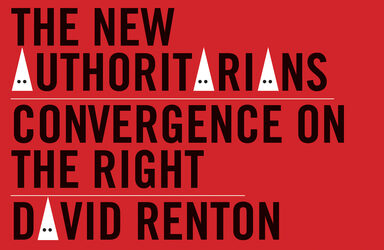The Routledge Handbook of Translation and Activism is a collection of thirty-one contributions, spread vastly across geographies and time periods, published in June of this year. The contributors address the theme of the handbook by deploying methods ranging from literary analysis, historiography, linguistics, and legal studies, and with styles ranging from the personal and essayistic to the rigorously academic. In the introduction the editors, Rebecca Ruth Gould and Kayvan Tahmasebian, invite and guide readers through the staggering and eclectic contributions by focusing on the nuances of the term “activism,” while Paul Bandia’s afterword draws attention to the fact that “the postcolonial condition is highly conducive to situations of activism,” and the undercurrents through the book that address regions and peoples under conditions of subalternity, (post)coloniality, and globalization. In addition to these two broad theoretical umbrellas, the contributors also share influences by a handful of key thinkers who are cited often throughout the individual pieces, most notably Mona Baker, to whom the book is dedicated, as well as Maria Tymoczko and Lawrence Venuti. Continue reading “Review: The Routledge Handbook of Translation and Activism”
On New Authoritarianism and its Historical Ontology
David Renton, The New Authoritarians: Convergence on the Right, Chicago, Haymarket Books, 2019, $10.84 USD.
Broadly speaking, there are a group of political scientists and historians making the case that we may be experiencing a newfound convergence between what were formerly starkly different authoritarian and democratic national forms of governance.[1] In The New Authoritarians: Convergence on the Right, David Renton weaves a scenography of mainstream conservatism’s lapse, wherein histories of war and colonial power—particularly as it concerns global institutions such as the United Nations, the IMF or World Bank—allowed for the uptake of far right politics beyond the West’s own borders. The victories of Donald Trump in the US and Boris Johnson in the UK have boosted not only an already confident right but a fringe ideology within it. From General Sisi in Egypt and Jair Bolsonaro in Brazil to Rodrigo Duterte in the Philippines and Recep Erdoğan in Turkey, we are privy to growing far-right patriotism, where right-wing parties have radicalized and then normalized politics once restricted to the margins.
Continue reading “On New Authoritarianism and its Historical Ontology”


